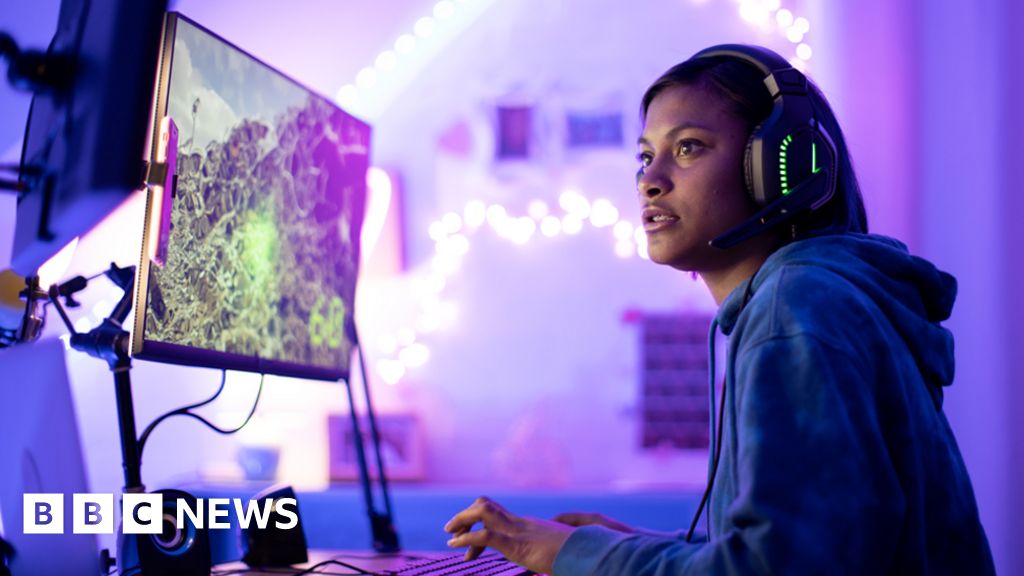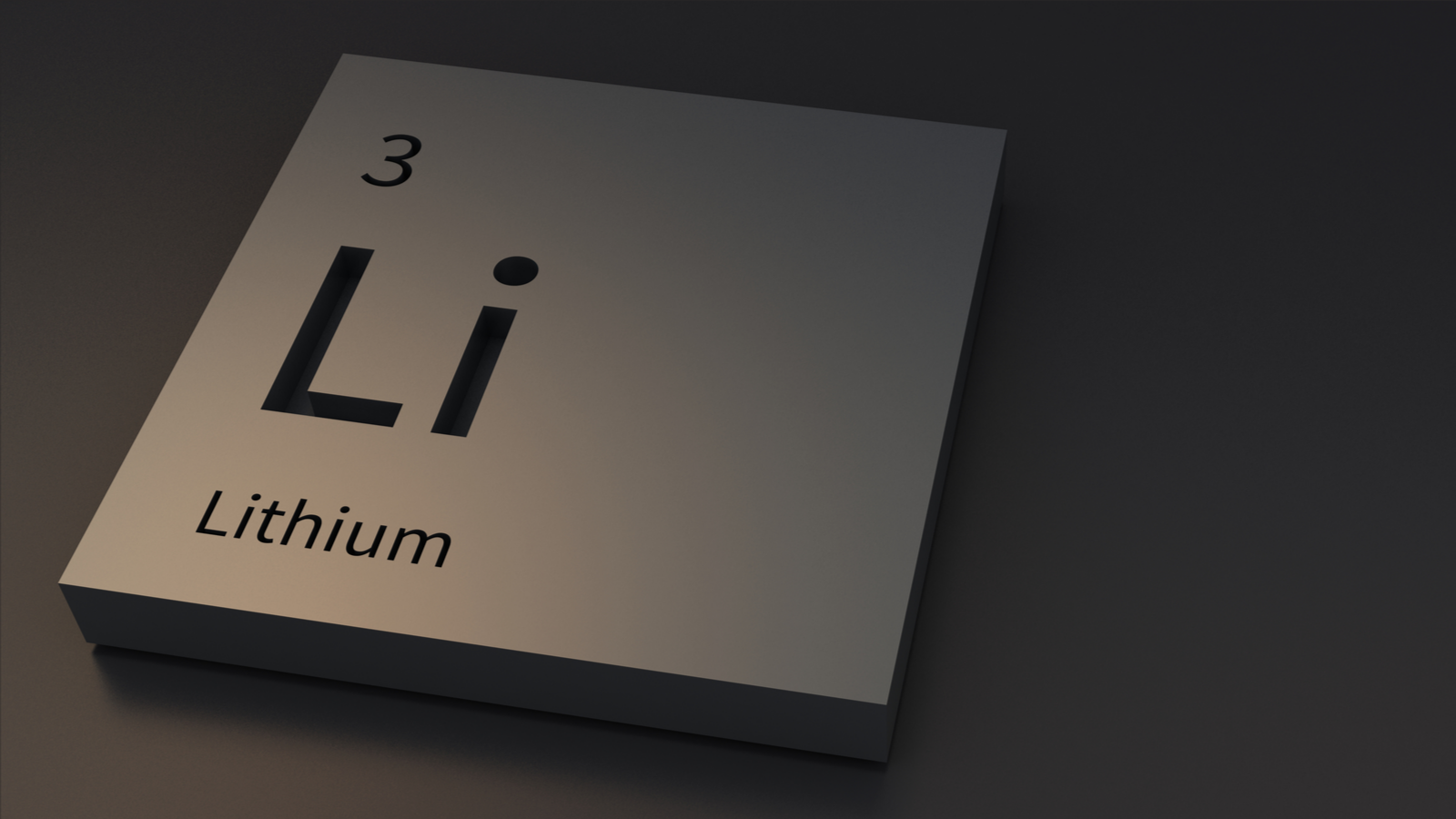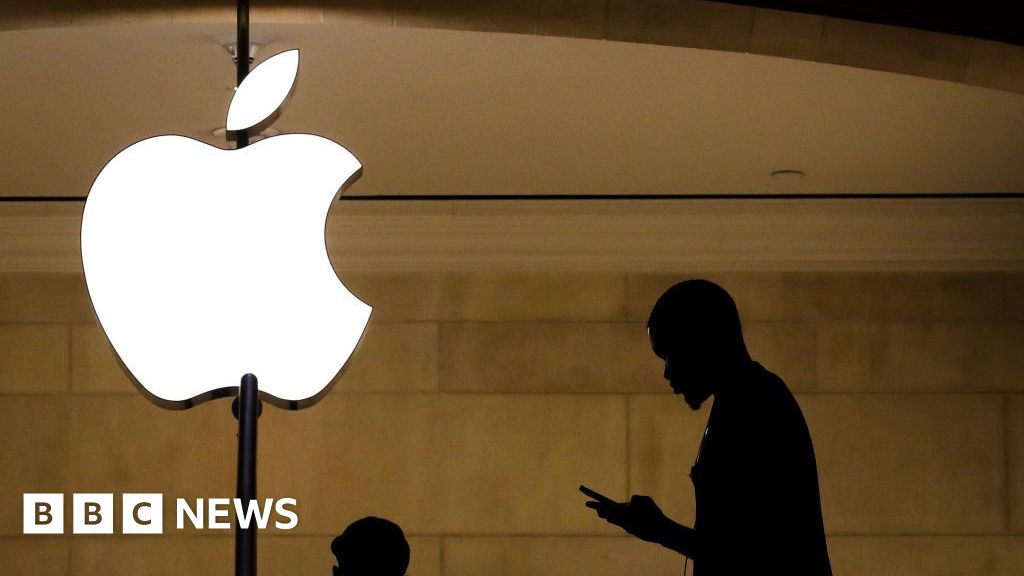
Courtesy Monday.com
Monday.com led a slate of four companies to the public equities markets on Thursday.
The others listing their shares were LifeStance Health Group, 1stdibs.com, and Zeta Global Holdings.
Zeta traded on the New York Stock Exchange. The other three companies opened on the Nasdaq.
(ticker: DIBS) was the first to begin trading. The stock kicked off at $21.50, peaked at $29.30, and closed at $28.50, up nearly 40% from its offer price.
The New York-based company sold 5.75 million shares at $20 each, roughly the midpoint of the range of $18 to $21 it had told investors to expect. BofA Securities and
are underwriters on the deal.
Founded in 2000, the company is an online marketplace for luxury goods. Sellers offer vintage, antique, and contemporary furniture, home décor, jewelry, watches, art, and fashion. Last year the company had more than 58,000 active buyers, and the average order value was above $2,500.
Individuals with greater than $1 million in investible assets comprise 13% of 1stdibs.com’s U.S. user base, according to the prospectus for the deal. Examples of offerings on the site include a leather “Joe” baseball glove chair designed by De Pas, D’Urbino, and Lomazzi, for $16,562.77; and a 2014 signed Tracey Emin print, “More of You,” for $23,043.
(MNDY) also began trading Thursday. The stock opened at $173.15, hit a high of $182, and ended at $178.87, up 15% from its offer price.
Late Wednesday, Monday.com raised $573.5 million after selling 3.7 million shares at $155, above its $125-$140 price range.
and J.P. Morgan are lead underwriters on the deal.
Launched in 2014, Israel-based Monday.com provides work-management software that helps businesses link departments and bridge information silos. Its cloud platform, which the company describes as “low code and no code,” enables its 127,974 customers to create their own software applications and work management tools. Monday.com has clients spread across 200 industries, including
(PTON), Universal Music Group, the National Hockey League, and Hulu.
Monday.com is backed by Insight Partners, which will own 37.6% after the IPO. Salesforce Ventures and
(ZM) have agreed to buy $75 million worth of stock in a private placement at the IPO price, the prospectus said.
Shares of
(LFST) kicked off at $20, hit a high of $22.75 and closed at $21.90, up nearly 22% from their IPO price.
The outpatient mental-healthcare provider sold 40 million shares at $18 each, above its $15-$17 price range.
Goldman Sachs, J.P. Morgan, and Jefferies are underwriters on the deal.
LifeStance is seeking to make mental healthcare both more accessible and more affordable. In 2019, more than 51 million people in the U.S. were diagnosed with a mental illness, the prospectus said. Many couldn’t access or afford care.
The Scottsdale, Ariz.-based company employs over 3,300 licensed mental health clinicians through its subsidiaries and affiliated practices. That number includes psychologists, psychiatrists, and therapists, who provide cognitive, group, and individual therapy as well as telehealth and in-person appointments covered by insurance. Patient visits jumped 69% to about 2.3 million in 2020, a prospectus said.
TPG, the private-equity firm, will own the biggest stake of LifeStance, 47.1%, after the IPO.
(ZETA) also opened. The stocked kicked off at $9.01, hit a high of $9.44 and dropped, closing Thursday at $8.89, off 11% from the offer price. Zeta never traded at or above its $10 IPO price, making it a broken deal.
The New York-based company raised $215 million after selling 21.5 million shares at $10 each. Morgan Stanley, BofA Securities,
and Barclays are underwriters on the deal.
Founded in 2007, Zeta is a data-driven marketing company that uses artificial intelligence to predict consumers intentions. The company’s platform helps its more than 1,000 customers, including
(TM),
(RL) and Sprint, provide personalized marketing through email, social media, web, chat, connected TV and video.
Zeta uses data and AI to help its customers figure out what consumers will do next, said CEO David Steinberg. “Are they going to buy a car, get a credit card or turn off their cellular platform? We help our clients target the right people at the right time to get the right outcome,” he said.
Zeta opted to go public right now because it isn’t a household brand yet, Steinberg said. Zeta competes against larger rivals like
(CRM),
(ADBE), and
(TTD). “The transparency and balance sheet associated with [being] a public company, especially one traded on New York Stock Exchange, would be a meaningful differentiator especially when talking to customers,” Steinberg told Barron’s from the NYSE before Zeta’s stock began trading.
The IPO is another step in Zeta’s journey to building a “great disrupter in the marketing technology ecosystem,” he said.
Zeta is cash-flow-positive. The company plans to use proceeds to accelerate growth and for future M&A, which will likely be tuck-in deals, the CEO said.
Some sectors, like retail, travel, and hospitality, as well as elements of financial services, were largely on pause in 2020 due to the Covid-19 pandemic, Steinberg said. This caused Zeta to lose some so-called scale customers—those that generate more than $100,000 in revenue a year—due to the virus. Automotive and financial services have begun returning, he said.
“We’re very bullish on where marketing is going,” Steinberg said. “I wouldn’t say Covid is totally behind us. We’re starting to see industries that really turned off, beginning to turn back on.”
Write to Luisa Beltran at luisa.beltran@dowjones.com





